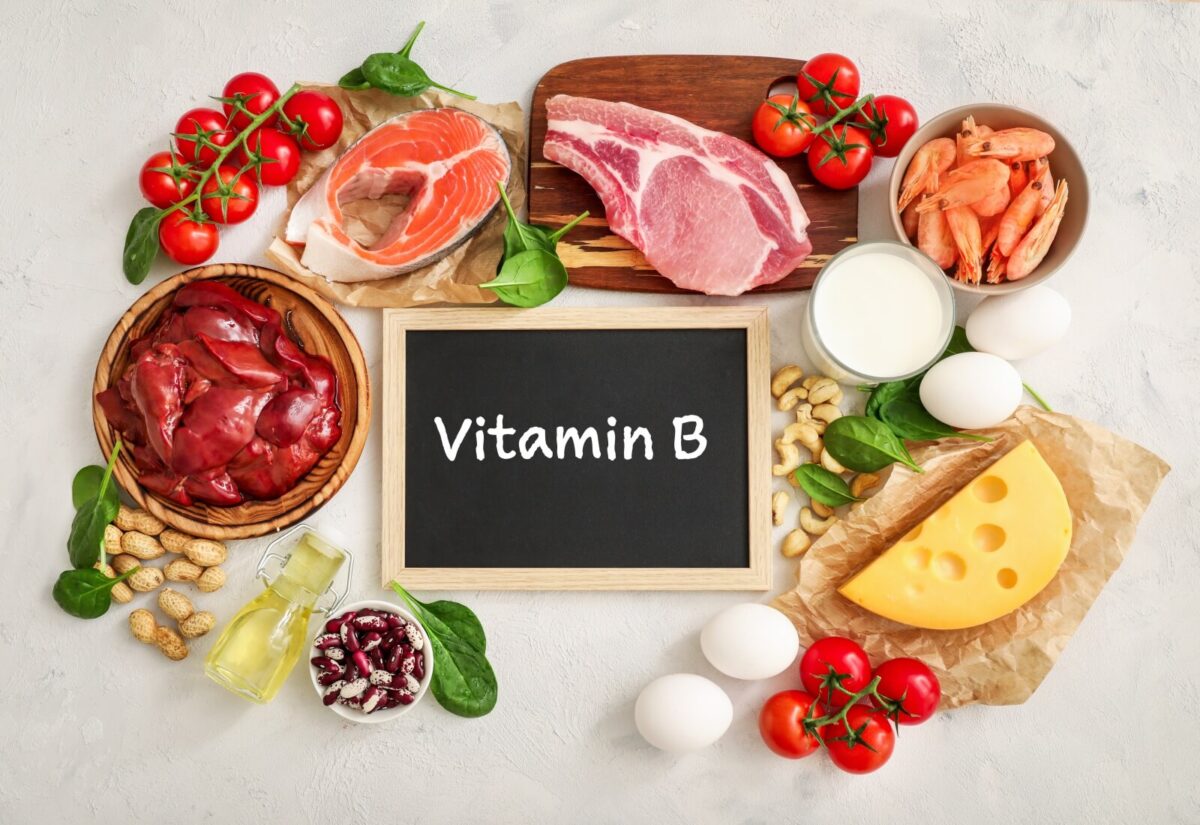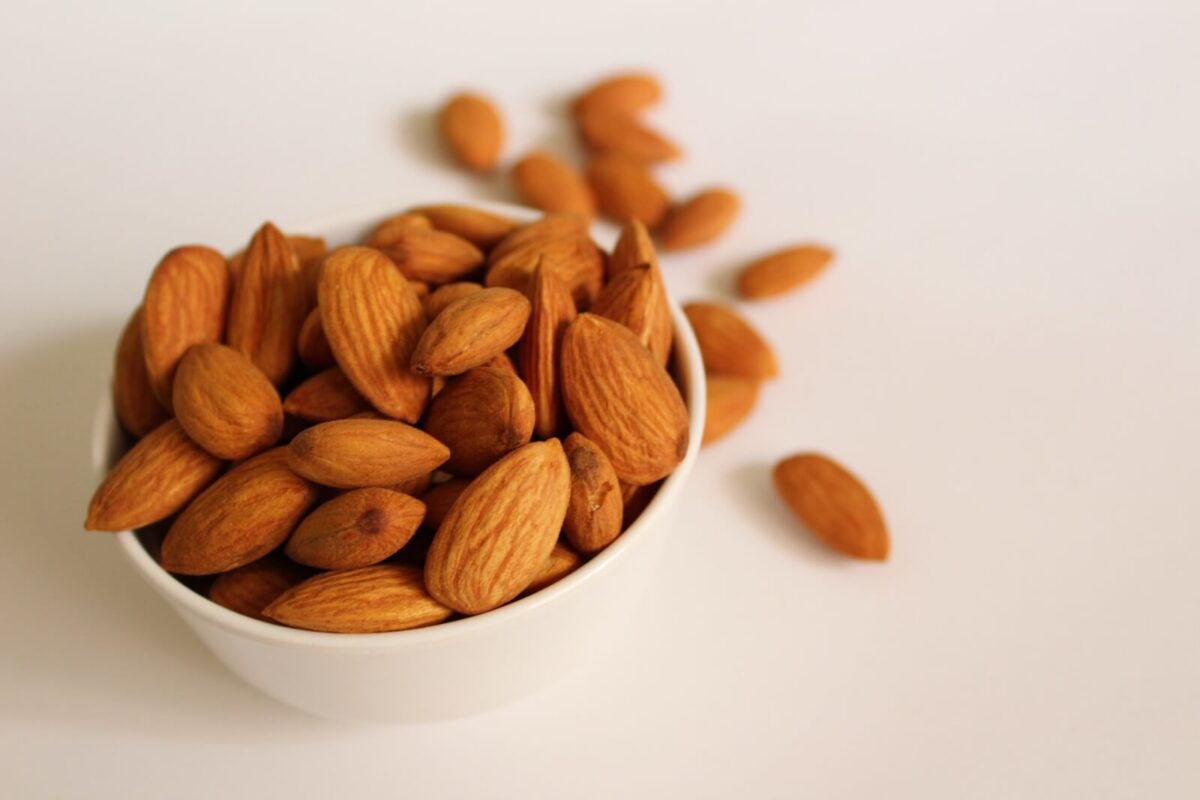In the quest for weight loss, people often turn to various diets and supplements to aid them in shedding those extra pounds.
One nutrient that has garnered attention for its potential weight loss benefits is calcium.
While most of us associate calcium with strong bones and teeth, recent studies have suggested a connection between calcium intake and weight management.
Let’s explore the link between calcium and weight loss, dissect the science behind it, and uncover practical ways to incorporate calcium into your weight loss journey.
What is Calcium and Why is it Essential?
Calcium is a vital mineral that plays a pivotal role in various bodily functions. It is most renowned for its contribution to bone health, but its significance goes beyond that.
Calcium is essential for muscle contractions, nerve transmission, blood clotting, and much, much more.
Beneficial Effects of Calcium on Body Weight
Body Weight Regulation
One of the lesser-known functions of calcium is its impact on metabolism. Research suggests that calcium may influence how the body stores and burns fat, potentially playing a role in weight loss.
Several studies have indicated an inverse relationship between calcium intake and body weight. For example, a low calcium intake is associated with heavier weight, and people with lower body fat percentages tend to have a high calcium diet.
This suggests that dietary calcium intake may affect body fat and weight. However, there may be other elements involved, so keep in mind that increasing your intake of calcium might not result in a decrease in body weight.
Fat Oxidation and Absorption
Calcium binds to fat in the digestive tract, forming an insoluble complex of fecal fat. This complex is then excreted from the body, reducing the absorption of dietary fats. This mechanism might contribute to weight loss by limiting the calories that the body can extract from ingested fats.
Appetite Control
Calcium may also affect appetite regulation. Some studies propose that an adequate calcium intake can suppress the appetite, leading to reduced food consumption. This could be particularly beneficial for those trying to manage their calorie intake.
Need some help counting calories? Sign up to get 5 Weight Loss Tips and a 5-day email course, free.
How Much Calcium Do I Need Daily for Weight Loss?
The U.S. National Institute of Health recommends 1,000 mg of calcium per day for healthy adults between the ages of 19–50. The recommended daily intake amount increases to 1,200 mg for women ages 51–70 and for all adults over the age of 70.
For overweight or obese women and men, the recommended milligrams of calcium a day may be different. We strongly recommend consulting with a healthcare provider to determine your specific needs.
Sources of Calcium
Remember that calcium is just one piece of the puzzle. To achieve effective weight loss, it’s crucial to maintain a balanced diet containing calcium plus vitamins and minerals.
Foods with High Dietary Calcium
To reap the calcium’s weight loss benefits of dietary calcium, it’s essential to include foods high in calcium in your diet:
- Dairy milks (cow, goat, sheep) and fortified plant-based milks (almond, soy, oat)
- Yogurt
- Cheese
- Calcium-fortified orange juice
- Edamame
- Sardines
- Salmon
- Leafy greens like kale and spinach
Calcium Supplements
If you struggle to meet your daily calcium requirements through diet alone, calcium supplements are an option.
Before beginning any supplement regimen, it is crucial to consult with a healthcare professional.
How Long Does It Take to See the Effects of Calcium Supplementation on Weight Loss?
Calcium’s impact on weight loss may vary from person to person.
In your pursuit of weight loss, consider the potential benefits of calcium, but always keep in mind that it’s just one piece of the puzzle.
A holistic approach to health, including a balanced diet, exercise, and consultations with a healthcare professional, is the key to achieving your weight loss goals.
Conclusion
While calcium isn’t a magic solution for weight loss, it can play a supportive role in your journey to shed those extra pounds.
Its influence on fat absorption and appetite control makes it a valuable addition to a well-rounded weight loss program.
If you’re looking to participate in a weight loss program that teaches you not only how to lose weight but also how to keep it off for the rest of your life, you’ve come to the right place.
Lifelong Metabolic Center’s program includes:
- DNA testing
- Natural supplements
- Personal coaching and support
- Oversight from a healthcare professional
Best of all, this program is available from anywhere in the world!












